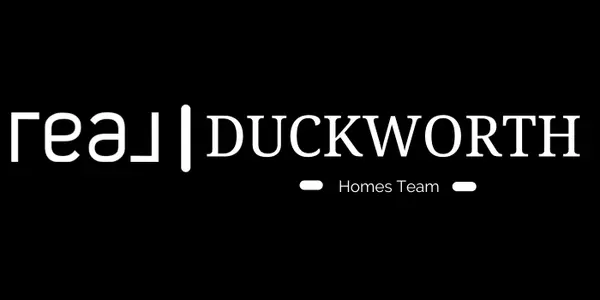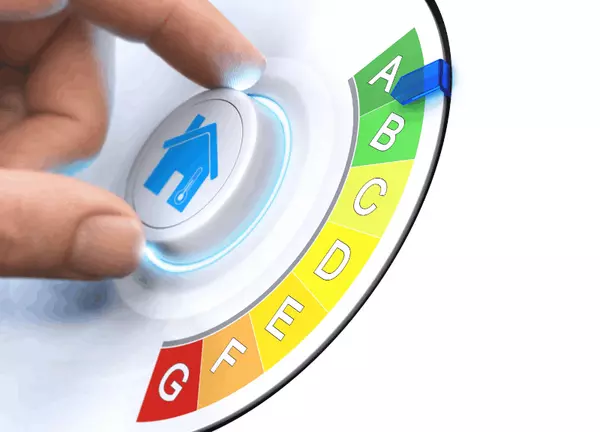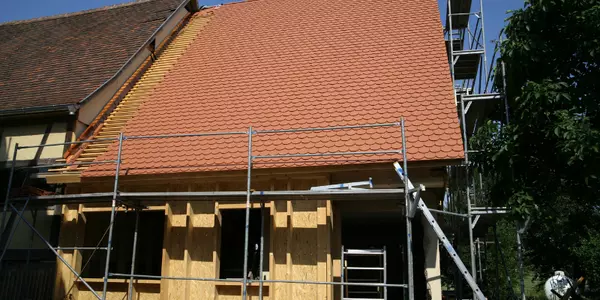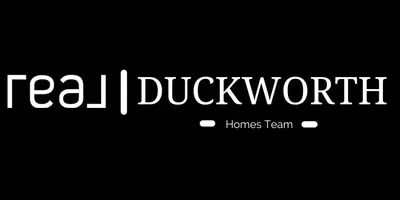Considering Refinancing Your Mortgage? Weigh the Pros and Cons

Explore our comprehensive guide to the pros and cons of mortgage refinancing to make informed decisions that could save you substantial money in the long run.
Read on to delve into the advantages and disadvantages of refinancing your mortgage.
Pros
Refinancing offers numerous potential benefits, although the extent of these advantages depends on your refinance terms and financial goals. Thoroughly evaluate the pros and cons before committing to any decisions.
1. Potential Long-Term Savings
The primary objective of mortgage refinancing is often to reduce costs and meet financial objectives. Shortening the loan term can decrease the duration of interest payments. Similarly, securing a lower refinance rate can result in reduced interest expenses.
Refinancing is advisable when prevailing market rates are lower than the rate on your current mortgage, enabling you to secure a reduced interest rate, lower payments, and decreased interest payments over the loan's lifespan.
While shortening the loan term may increase monthly payments, it can substantially reduce total interest expenses over time. Consider your financial goals and homeownership duration when assessing the impact of refinancing.

2. Lower Interest Rates and Monthly Payments
A primary motivation for refinancing is securing a lower interest rate, leading to decreased monthly payments. You could allocate the surplus funds towards other investments or maintain the prior payment amount to expedite loan repayment.
Various external factors, such as market dynamics and economic conditions, influence mortgage interest rates. If prevailing rates are lower than your current rate, refinancing becomes an attractive option.
Improved credit scores may also warrant refinancing to secure lower rates, potentially allowing a shift from a 30-year to a 15-year mortgage term.
3. Enhanced Payment Predictability
Opting for a fixed-rate loan through refinancing ensures a consistent interest rate, facilitating predictable monthly payments. This stability enables accurate budgeting, mitigating unexpected homeownership costs.
Predictable mortgage payments are invaluable for homeowners navigating fluctuating expenses, fostering financial stability and planning.

4. Utilizing Cash-Out Refinancing Benefits
Many homeowners leverage cash-out refinancing, extracting a loan amount exceeding their current balance and retaining the surplus funds. This approach necessitates sufficient home equity and entails lender scrutiny of credit scores, debt ratios, and property valuations.
Cash-out refinancing gained popularity in 2022 amid rising interest rates, offering homeowners opportunities to access additional funds for various purposes. Assess your long-term objectives to determine if cash-out refinancing aligns with your financial strategy.
5. Expedited Loan Repayment
In addition to long-term savings, refinancing can accelerate loan repayment, transitioning from a 30-year to a 15-year term. While this may necessitate higher monthly payments, it expedites debt settlement, freeing up funds for discretionary spending or future investments.
Many homeowners pursue refinancing to prepare for significant expenses, such as weddings, education costs, or other major purchases, necessitating careful evaluation of refinancing's suitability.

Cons
Similar to the benefits, the drawbacks of mortgage refinancing vary based on loan terms and financial objectives.
1. Closing Costs
Closing costs fluctuate across regions, with Rhode Island and Massachusetts boasting varying averages. These expenses, ranging from title fees to home appraisals, constitute a significant component of refinancing.
Typically ranging from 2% to 6% of the new loan amount, closing costs can be negotiated but remain a critical consideration. While no-cost refinancing options exist, wherein fees are rolled into the loan amount, evaluating break-even points and comparing lender offerings is essential.
2. Potential Credit Score Impact
Refinancing entails lender inquiries, potentially leading to temporary credit score reductions. Hard inquiries, prevalent during refinancing, persist on credit reports for two years, necessitating careful credit management.
While credit score impacts are transient, individuals with already compromised scores should consider the ramifications before refinancing.

3. Inadequate Savings
Despite potential savings, refinancing may not always justify the effort. The process is time-consuming and incurring additional expenses.
Moreover, certain loan types mandate waiting periods before refinancing, adding complexity and potential costs. Evaluate the potential savings against associated costs to determine refinancing viability.
4. Equity Dilution
While refinancing doesn't directly impact home equity, certain factors can indirectly diminish equity. Cash-out refinancing, particularly, involves borrowing against home equity, potentially reducing net equity.
Fluctuations in home values further impact equity, necessitating comprehensive assessment of current market conditions before pursuing refinancing.

5. Fee Considerations
Refinancing isn't devoid of costs, necessitating a break-even analysis to ascertain its financial viability. Appraisal fees, title charges, and lender expenses contribute to closing costs, typically ranging from $2,500 to $5,000.
These fees, constituting 2% to 5% of the total loan amount, necessitate prudent evaluation to ensure savings outweigh refinancing expenses.
Conclusion
Refinancing your mortgage entails careful deliberation, with no universal solution fitting all scenarios. Assessing your current mortgage, market trends, budgetary constraints, and long-term financial goals is imperative.
While refinancing remains a viable option for some homeowners, others may find alternative solutions more suitable. Considering the complexities involved, seeking professional guidance is advisable to navigate refinancing decisions effectively.
If refinancing proves unsuitable, exploring alternative homeownership avenues, such as relocating, may be prudent. In Rhode Island and Massachusetts, vibrant real estate markets offer diverse opportunities, necessitating proactive engagement with experienced real estate specialists to identify ideal properties.
Before embarking on your homeownership journey, equip yourself with comprehensive insights and expert guidance to make informed decisions and secure your dream home. Our dedicated team stands ready to assist you throughout the process, ensuring a seamless and rewarding experience.
Categories
Recent Posts










